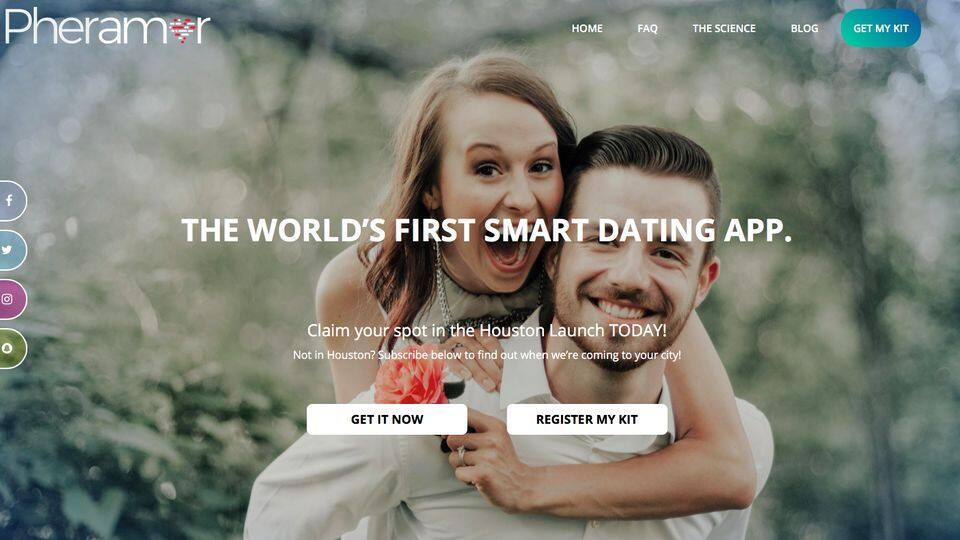
Now your DNA will help you find an ideal date
What's the story
Singles looking for more compatible first dates can now use an app that wants them to swab their way to love. Pheramor, founded by three Houston-based scientists, connects you with your ideal genetic partner by decoding your and their DNA through a simple test. Launching later this month, it aims to disrupt the dating scene using human biology. Here's more.
Explained
How does it work?
Pheramor sends users a kit, priced at $15.99, to swab their saliva. You need to return it to let them sequence and analyze your spit. Drawing from the belief that humans like to date people with DNA different enough to produce diverse and healthy offspring, the app identifies 11 genes of your immune system to identify suitable genetically-different users.
Getting started
What do you need to do?
According to Pheramor's official website, it just takes a 4-step process to go on "real, authentic first dates". *Connect your social media with the app to let it build your profile according to your activities/interests. *Start finding local singles through the app. *Order the kit. Swab your cheeks. Return it. *Continue to use Pheramor as your genes get analyzed and incorporated into your profile.
Stand-out feature
What makes Pheramor different?
You may not find your soulmate through Pheramor, but using it enhances your chances of going on a better first date, claim the app's makers. Pheramor considers both shared common interests and genetic differences to find someone suitable. Moreover, unlike other dating apps, it gives compatibility greater importance than physical attractiveness. The images of probable matches remain blurred until you purposely check their profiles.
Others
Pheramor isn't the first dating app to use DNA
However, Pheramor's idea of analyzing genes for better dating is hardly original. There have been other apps that have tried to find love through genes. GenePartner, launched in 2008, decoded MHC genes (essentially proteins) of users to find out their partner preference. DNA Romance, rolled out in 2014, found users suitable partners based on information processed from their DNA and LinkedIn accounts.